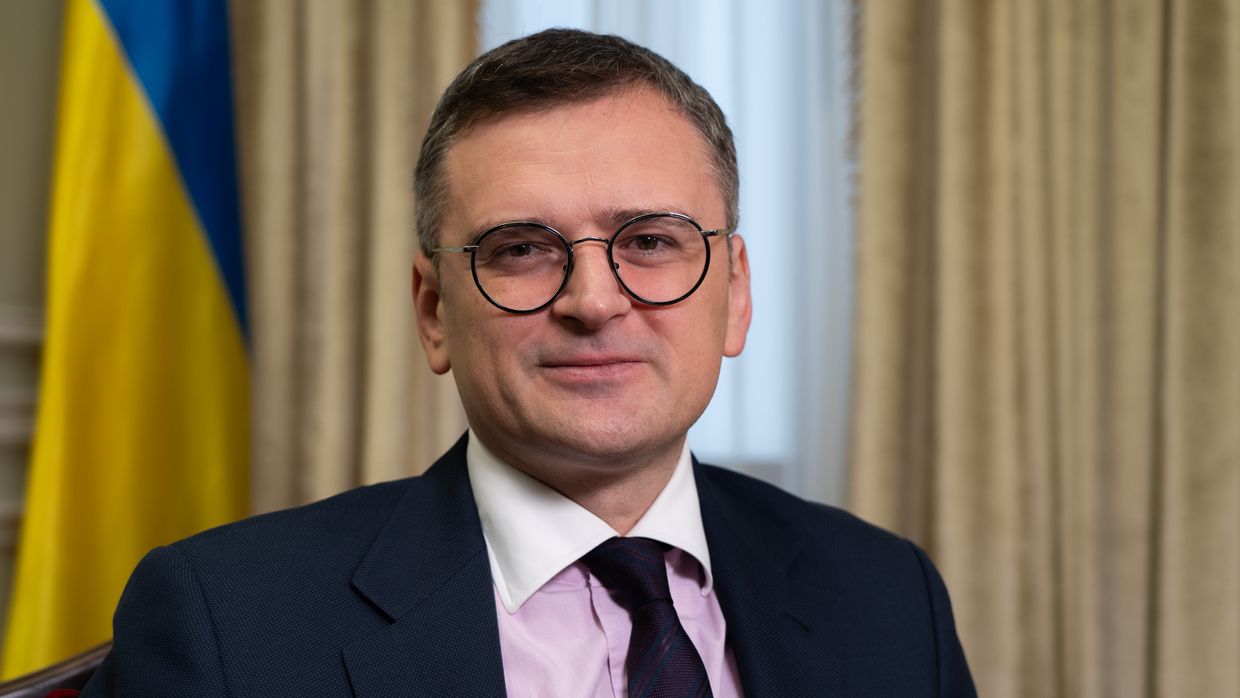IMF rep on mobilization costs: 'We expect Ukraine to generate domestic revenues'

Alfred Kammer, the International Monetary Fund's (IMF) European Department director, said that international donors are focused on supporting Ukraine's government and social programs, not the military, Voice of America reported on Dec. 28.
Kammer was asked whether foreign donors were ready to increase their financial assistance to Ukraine in order to cover increasing costs caused by the war, such as an expensive mobilization campaign.
"We expect Ukraine to generate domestic revenues," Kammer told Voice of America in an interview.
"I always emphasize very clearly that we expect domestic revenues to be generated. Strengthening the economy, structural reforms that support economic activity, better governance will generate additional tax revenues."
President Volodymyr Zelensky said on Dec. 19 that he plans to cut government spending "as much as possible" in order to fund mobilization efforts. In his year-end press conference, he said that large-scale mobilization would cost Ukraine an additional Hr 500 billion ($13.4 billion).
When asked to comment on Zelensky's statement, Kammer reiterated that IMF assistance focuses on the functions of the government.
"We support and monitor the budget as a whole, not individual expenditures, and we and donors are helping the government of Ukraine to fulfill its basic functions during the war, such as protecting vulnerable people, paying salaries, pensions, paying for education, etc.," Kammer said.
He said that in order to generate additional revenues to cover wartime expenditures, Ukraine should turn to better governance and the newly-approved National Revenue Strategy, a program backed by the IMF that is meant to bolster Ukraine's economy and bring its tax laws in line with EU standards.
The strategy will help "get more revenues to the budget, to support spending needs during this time," Kammer said.
The IMF released its latest tranche of $900 million in aid to Ukraine on Dec. 11. The funds are part of the Extended Fund Facility (EFF), a four-year agreement that will allow Ukraine to access $15.6 billion in financial aid in regular installments.











